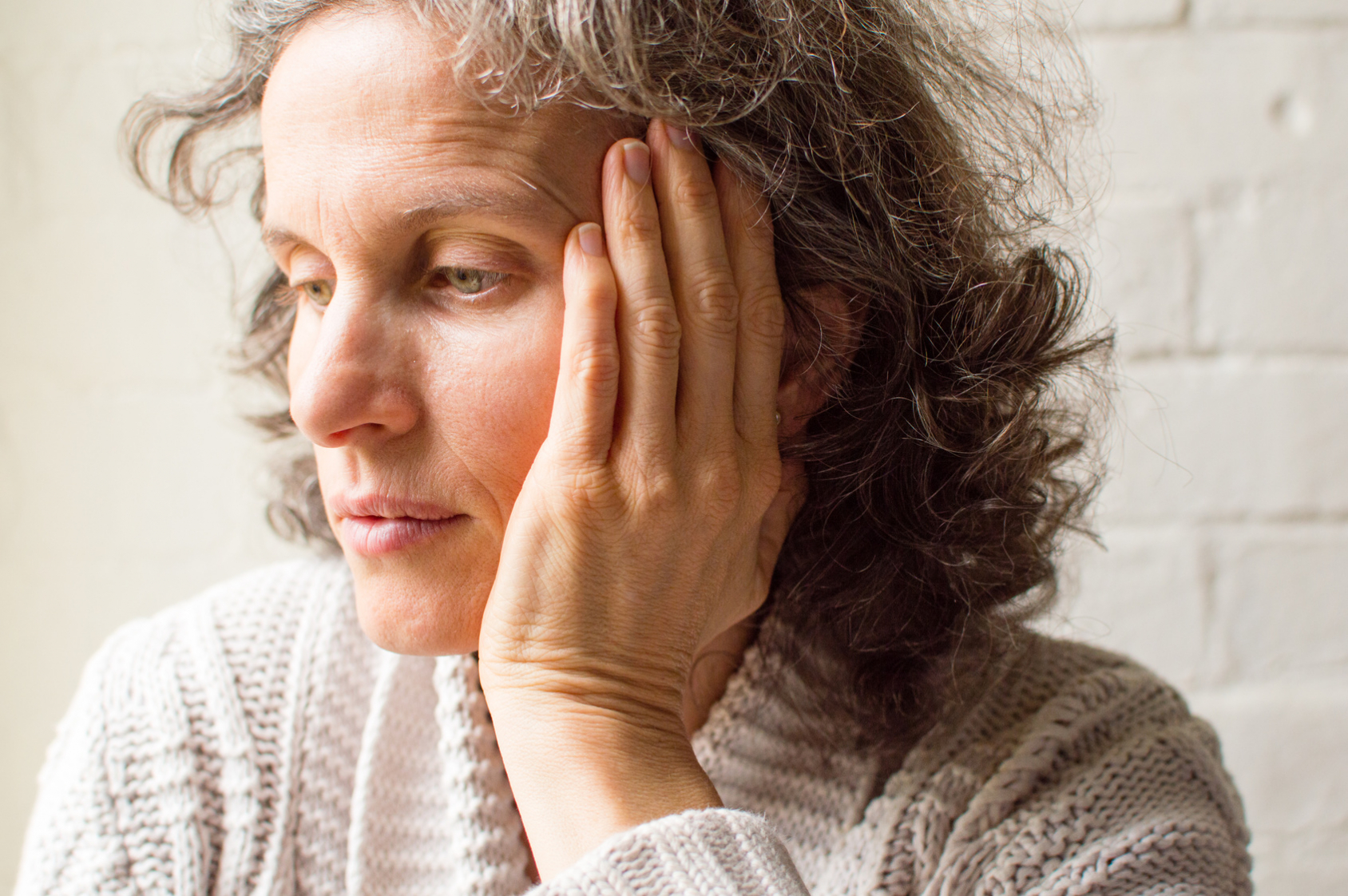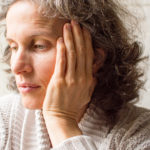Several years ago, we reviewed a paper suggesting that estrogen may have beneficial effects for women with schizophrenia. In this study, women with schizophrenia were treated with estrogen in addition to their antipsychotic medications. Adjunctive treatment with estrogen was associated with significant improvement in their positive symptoms (hallucinations, delusions), but the women experienced no improvement in the severity of negative symptoms (reduction in range of emotional expression, poverty of speech, lack of motivation).
Raloxifene for the Treatment of Refractory Schizophrenia
Several more recent studies have looked at the effects of raloxifene, a selective estrogen receptor modulator (SERM), in women with schizophrenia. Raloxifene (marketed as Evista) is a first-generation SERM that has estrogenic effects and is used primarily as a preventive treatment for postmenopausal osteoporosis. Similar to conjugated estrogens, raloxifene modulates various neurotransmitter symptoms involved in the pathogenesis of schizophrenia.
In the first of these studies, Kulkarni and colleagues enrolled 56 women (age range 40-70) with schizophrenia or schizoaffective disorder who had significant residual symptoms despite stable treatment with antipsychotic medication. 26 were randomized to receive raloxifene (120 mg/day) and 30 were randomized to placebo. Symptoms were assessed using the Positive and Negative Syndrome Scale (PANSS).
Women treated with raloxifene experienced a greater reduction in the PANSS total scores compared to women receiving placebo and had a nearly sixfold increased probability of a clinical response (hazard ratio, 5.79). Based on these findings, the researchers concluded that raloxifene was a promising and well-tolerated augmentation strategy for schizophrenic women with refractory symptoms.
Raloxifene in Post-Menopausal Women with Schizophrenia
In another study, researchers measured the effects of raloxifene augmentation of antipsychotic in a group of postmenopausal women with schizophrenia.This was a 16-week, double-blind, randomized, placebo-controlled study, in which 200 severely ill, postmenopausal women with schizophrenia or schizoaffective disorder were randomized to receive either raloxifene (120 mg/day) plus antipsychotics or placebo plus antipsychotics. Symptoms were assessed using the Positive and Negative Syndrome Scale (PANSS).
Somewhat surprisingly, women receiving placebo plus antipsychotics experienced more improvement in PANSS total scores than women receiving raloxifene plus antipsychotics. There were no differences between groups in Clinical Global Impression Scale-Severity scores or Composite Brief Assessment of Cognition in Schizophrenia scores at 16 weeks.
It appears that Individuals in the active treatment arm actually showed worse outcomes than those in the placebo arm, although the authors suspect that this finding was a result of chance variation. However, the results clearly show that augmentation with raloxifene does not add any benefit to treatment with antipsychotics in this relatively large randomized, double-blind, placebo-controlled trial in postmenopausal women.
So why did women in the second study fail to show a response to raloxifene? One possibility is that the second study focused on decompensated, more severely ill women, as opposed to the women in the first study who were less severely ill and had been stable, albeit with residual symptoms, on an antipsychotic regimen. Another possibility is that the women included in the second study were a little older. Studies with estrogen have shown that estrogen has different, and typically more beneficial effects, in women who have more recently entered into the menopause as compared to women who have been menopausal for a longer period of time. Perhaps the same holds for raloxifene.
While raloxifene shows some promise for the treatment of schizophrenia in women, further studies are required to better define which women are most likely to receive benefit from this intervention.
Ruta Nonacs, MD PhD
Effect of Adjunctive Raloxifene Therapy on Severity of Refractory Schizophrenia in Women: A Randomized Clinical Trial. Kulkarni J, Gavrilidis E, Gwini SM, Worsley R, Grigg J, Warren A, Gurvich C, Gilbert H, Berk M, Davis SR. JAMA Psychiatry. 2016 Sep 1;73(9):947-54.
Raloxifene Plus Antipsychotics Versus Placebo Plus Antipsychotics in Severely Ill Decompensated Postmenopausal Women With Schizophrenia or Schizoaffective Disorder: A Randomized Controlled Trial.Weiser M, Levi L, Burshtein S, Hagin M, Matei VP, Podea D, Miclu?ia I, Tiugan A, P?cal? B, Grecu IG, Noy A, Zamora D, Davis JM. J Clin Psychiatry. 2017 Jul;78(7):e758-e765.








Leave A Comment